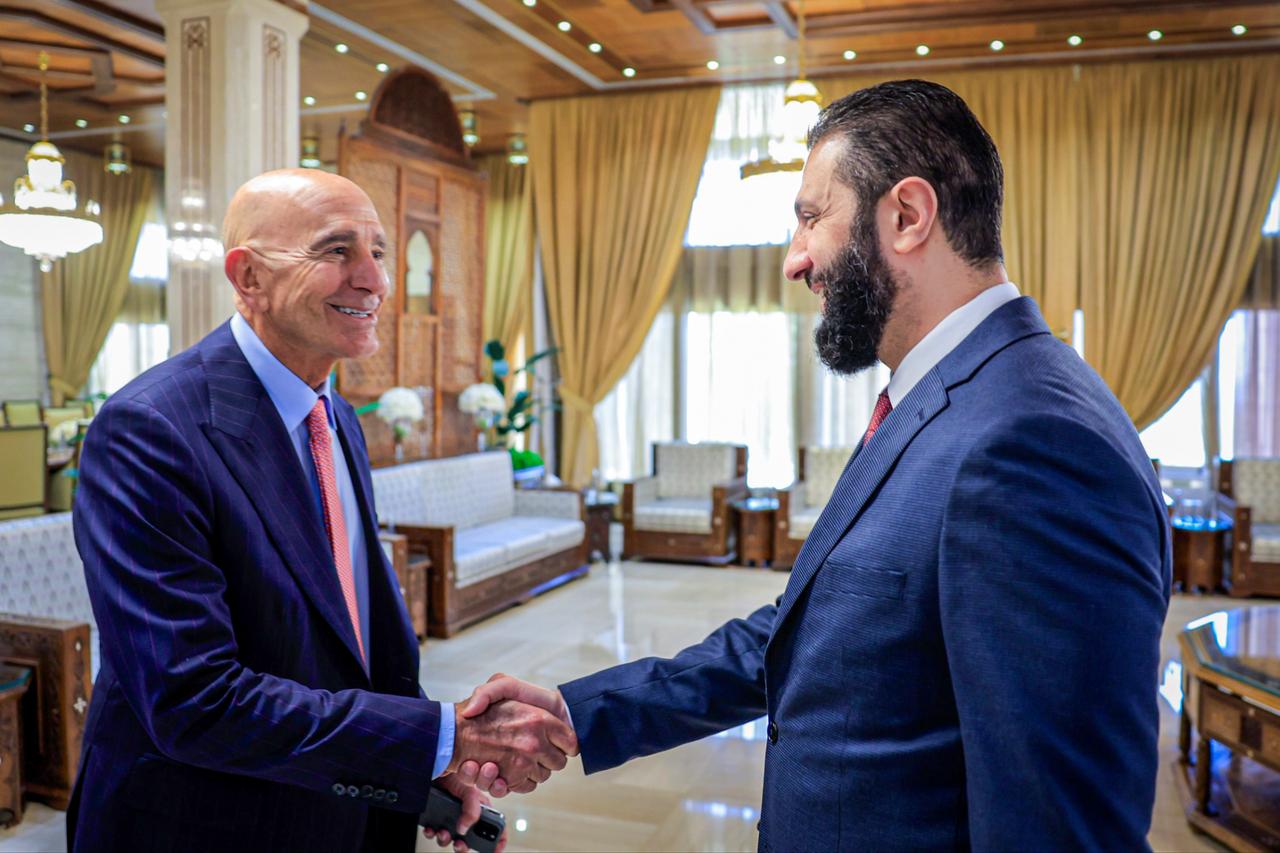
U.S. Ambassador to Türkiye Tom Barrack called Syria and Lebanon the "next pieces" for regional peace on Monday, following the Oct. 13 Gaza summit, urging Congress to repeal Caesar Act sanctions on Syria while warning Lebanon must disarm Hezbollah or face Israeli military action.
In a statement posted on X, Barrack described the Sharm el-Sheikh summit as "a defining moment in modern Middle Eastern diplomacy" where leaders endorsed President Donald Trump's 20-point peace vision. He argued that Syria's reconstruction and Lebanon's stability are essential for completing the regional peace architecture.
"No tapestry of peace can be whole while one of the world's oldest civilizations lies in ruin," Barrack wrote, adding that "the winds of reconciliation that began in Gaza must now cross Israel's northern frontier and breathe life into Syria's redemption."
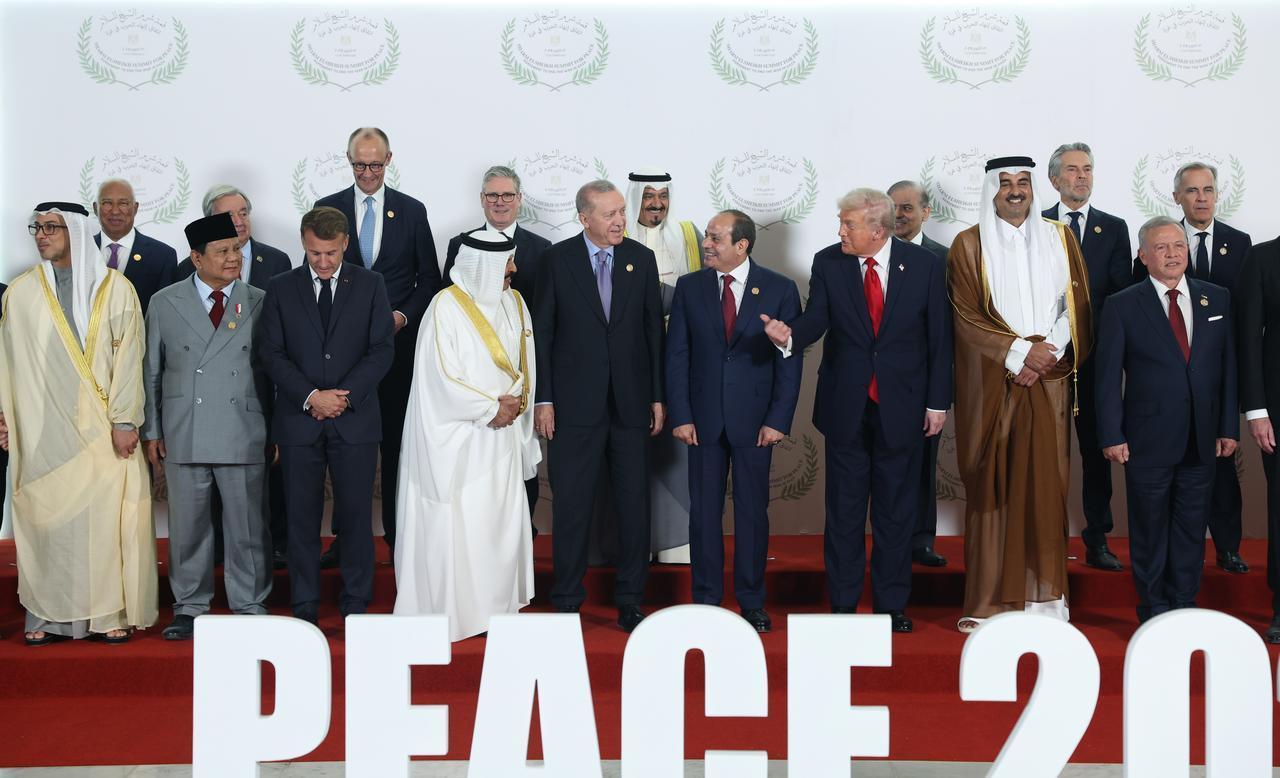
The U.S. Senate has already voted to repeal the Caesar Syria Civilian Protection Act, sanctions that Barrack said "served its moral purpose against the previous, treacherous Assad regime but now suffocates a nation seeking to rebuild." He urged the House of Representatives to follow suit.
Barrack noted that 26 senior Christian clerics from Syria have appealed to Congress to end sanctions, warning they are "one of the principal causes of the shrinking Christian presence in their homeland."
U.S. President Trump announced his intent to lift U.S. sanctions on Syria on May 13 in Riyadh, with an executive order formally revoking most Syria sanctions effective July 1. "These twin actions transformed U.S. policy from punishment to partnership," Barrack stated.
"Repeal sanctions is not charity; it is strategy," he wrote, adding, "It unlocks the ability of allies and private investors to rebuild Syria's power grids, water systems, schools, and hospitals. It unleashes one of the most consequential reconstruction efforts since post-war Europe."
Barrack emphasized that Syria, after Dec. 8, 2024, with its new government, "is neither Syria of 2019 nor the government that ruled it previously." He noted Syria's leadership has restored ties with Türkiye, Saudi Arabia, the UAE and Egypt, "and even engaging in quiet normalization with Israel."
"Economic vitality remains the surest antidote to extremism; commerce is the bridge from conflict to coexistence," Barrack argued.
"The lingering sanctions no longer punish despots, they punish the teachers, farmers, and shopkeepers who must power Syria's recovery," he added.
The ambassador described Syria's stabilization as forming "the first leg of Israel's northern security framework," with Lebanon's disarmament of Hezbollah needed as the second leg.
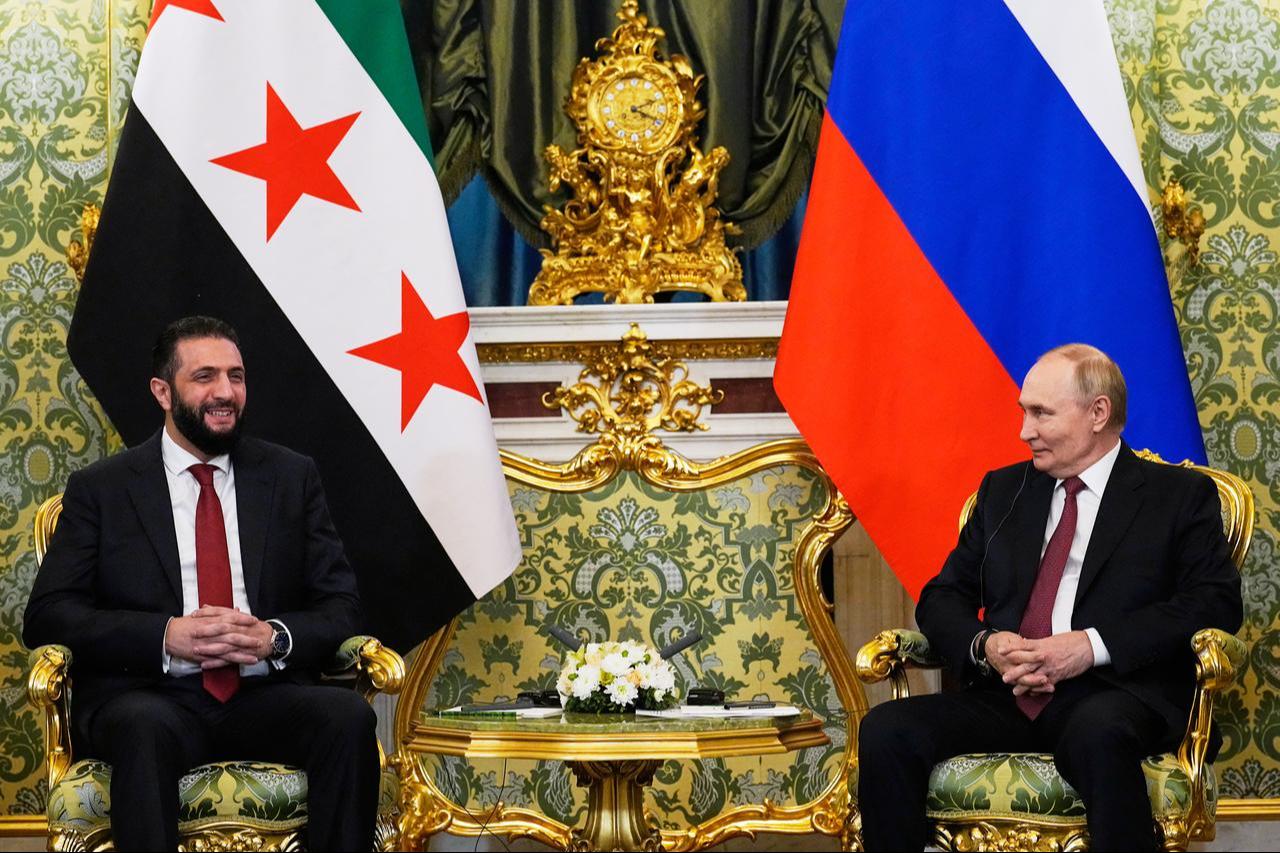
Barrack delivered stark warnings about Lebanon's future, stating that Hezbollah's continued military presence "undermines Lebanon's sovereignty, deters investment, and erodes public confidence and is a constant red flag to Israel."
He revealed the U.S. offered Lebanon a "One More Try" plan earlier this year for phased disarmament under U.S. and French supervision, which Lebanon declined "due to Hezbollah representation and influence in the Lebanese Council of Ministers."
"Israel today still occupies five tactical positions along the 'Blue Line,' maintaining early-warning capacity while conducting daily strikes against Hezbollah depots," Barrack disclosed. The 2024 Biden administration-sponsored cessation of hostilities agreement "ultimately failed" because Lebanon still views dealing with Israel as a crime, leaving "no real mechanism for enforcement."
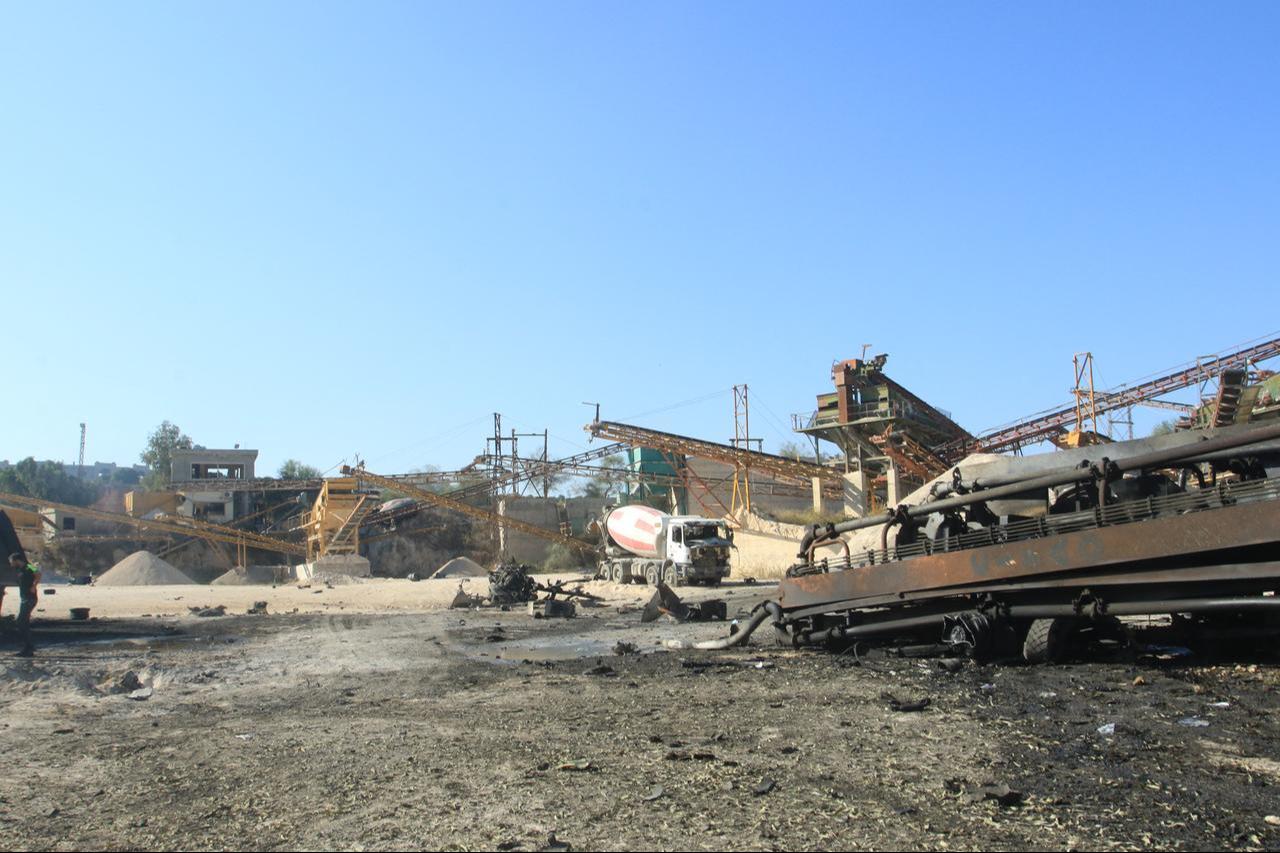
Barrack warned that if Hezbollah faces a major Israeli military confrontation at its "weakest point," the group would "almost certainly seek to postpone the May 2026 elections to preserve its power base and regroup."
"Postponing the 2026 elections under the pretext of war would ignite major chaos within Lebanon," he predicted, potentially "pushing Lebanon from crisis into outright institutional breakdown."
The ambassador noted the U.S. committed over $200 million additional dollars to the Lebanese Armed Forces this month, while offering incentives, including reconstruction aid from Gulf States tied to measurable milestones and diplomatic cover for Hezbollah's peaceful political transition.
"As Damascus stabilizes, Hezbollah grows more isolated," Barrack observed, noting, "Should Beirut continue to hesitate, Israel may act unilaterally—and the consequences would be grave."
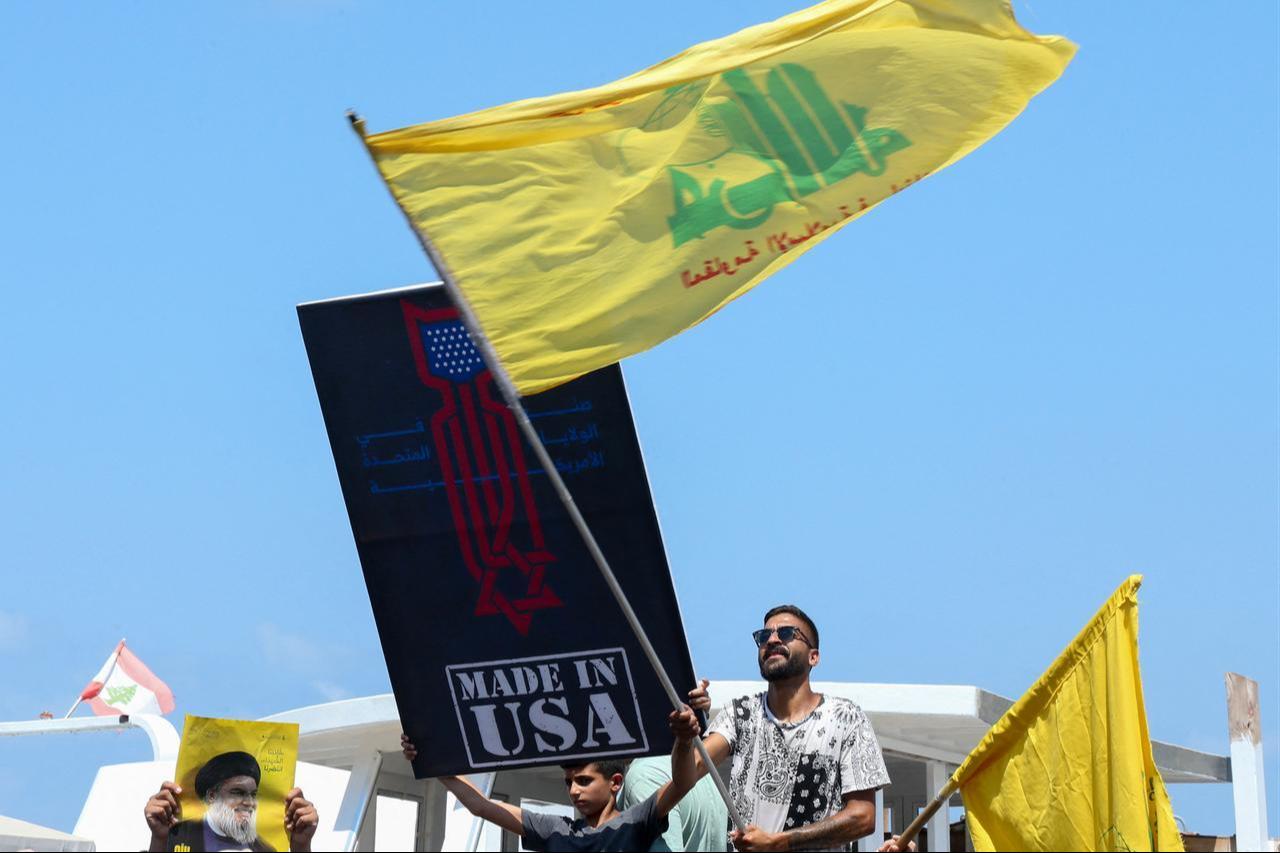
Barrack portrayed the current moment as an unprecedented opportunity, stating "Iran stands terminally weakened—politically, economically, and morally—while Saudi Arabia now stands at the precipice of formal accession" to expanded Abraham Accords.
"What was once aspirational is rapidly becoming attainable," he wrote. "As Riyadh moves, others will follow. Soon thereafter, the nations of the Levant may find alignment irresistible, drawn not by pressure but by prosperity."
He acknowledged challenges ahead, noting Gaza "will continue to be punctuated with mishaps, speed bumps and violations of trust" despite progress. However, he emphasized that "regional Nation States for the first time in decades have unanimously condemned terrorist practices within their region."
Michel Issa, Trump's newly appointed ambassador to Lebanon, arrives in Beirut next month "to help Lebanon steer a steady course through these complex issues," Barrack announced.
"Now is the time for Lebanon to act," he concluded, warning that failure to separate from Iranian-backed Hezbollah militia could see Lebanon consumed by "the new wave of zero tolerance for terrorist organizations."